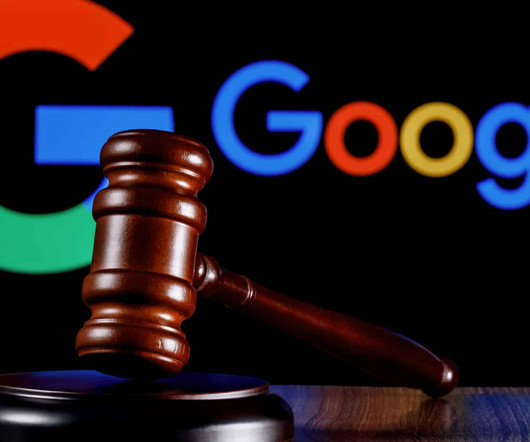Why I’m glad third-party cookies are dying
Martech
MARCH 14, 2022
Ever since GDPR was rolled out in Europe back in 2016, the rules for how marketers can collect and use data have been getting stricter and stricter, but the real hammer blow will hit next year. This represents a huge change because third-party cookies have been a go-to solution for measuring digital ad performance.













Let's personalize your content